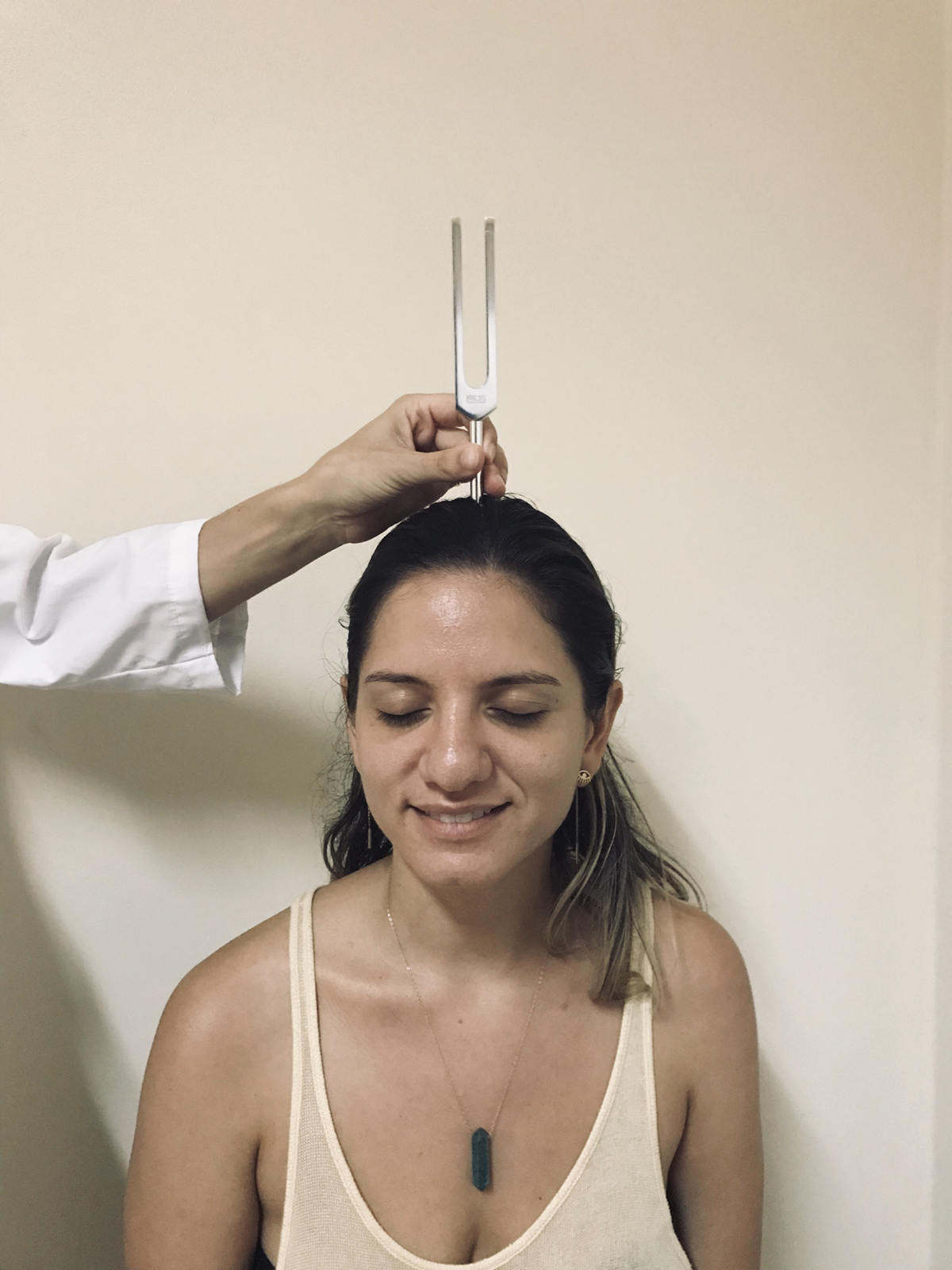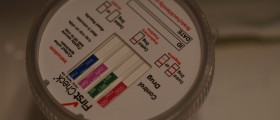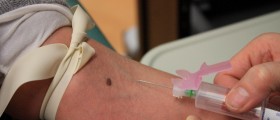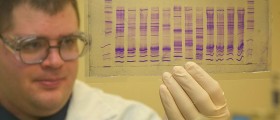
Screening tests are the cornerstone of special diagnostic examinations taken at birth and performed to check whether a baby is suffering from a potentially harmful illness. It is obligatory to take a sample of blood from a child's heel and to analyze it for a certain number of birth defects. This blood testing takes place a day after the birth. There is one more mandatory test - a test which estimates baby's hearing.
The explanation why to perform certain screening test in newborns is quite simple. Namely, by examining the child at birth, doctors are able to timely diagnose and treat conditions which (if left untreated) may eventually cause a lot of damage.
Fortunately, most of tested babies turn out to be healthy living beings while those who have not passed the screening tests with flying colors require further examination.
Common Screening Tests for Newborns
Blood tests are excellent source which can help in confirmation or ruling out different genetic, endocrinologic (hormonal), metabolic and hematologic (blood) diseases.
It is essential to understand why these tests are actually performed at birth. Only tests which can confirm diagnosis of certain conditions such early are performed. Furthermore, only tests common enough within the surrounding population can be helpful. These tests should be simple, but also quite effective. And finally, they are magic tool when it comes to diagnosing certain conditions which cannot be confirmed with a simple physical examination of the baby.
Mandatory Tests
There are several mandatory tests which are performed all over the world. They include phenylketonuria (PKU), congenital hyperthyroidism (CH), galactosemia (GAL), and sickle cell anemia (SS). Hearing test is another obligatory test but it does not include taking blood samples but other means of examining the child.
When to Expand the Test Battery?
The arrival of special tandem mass spectrometry testing gave birth to the number of possible tests which can be performed on one's blood. This way of testing allows experts to expand testing on a broader range of diseases and genetic disorders. Not all hospitals posses the more comprehensive battery of tests today. Still, private screening with advanced equipment makes tests available and affordable for many people.
Parents who worry that a baby has not had all the tests he/she may need can require additional tests if the hospital is performing them. The doctor recommends a range of choices and mass spectrometry testing is then performed.
And finally, in spite of being compulsory in many states, screening tests may in some states require parental consent before they are performed.

















Your thoughts on this
Loading...